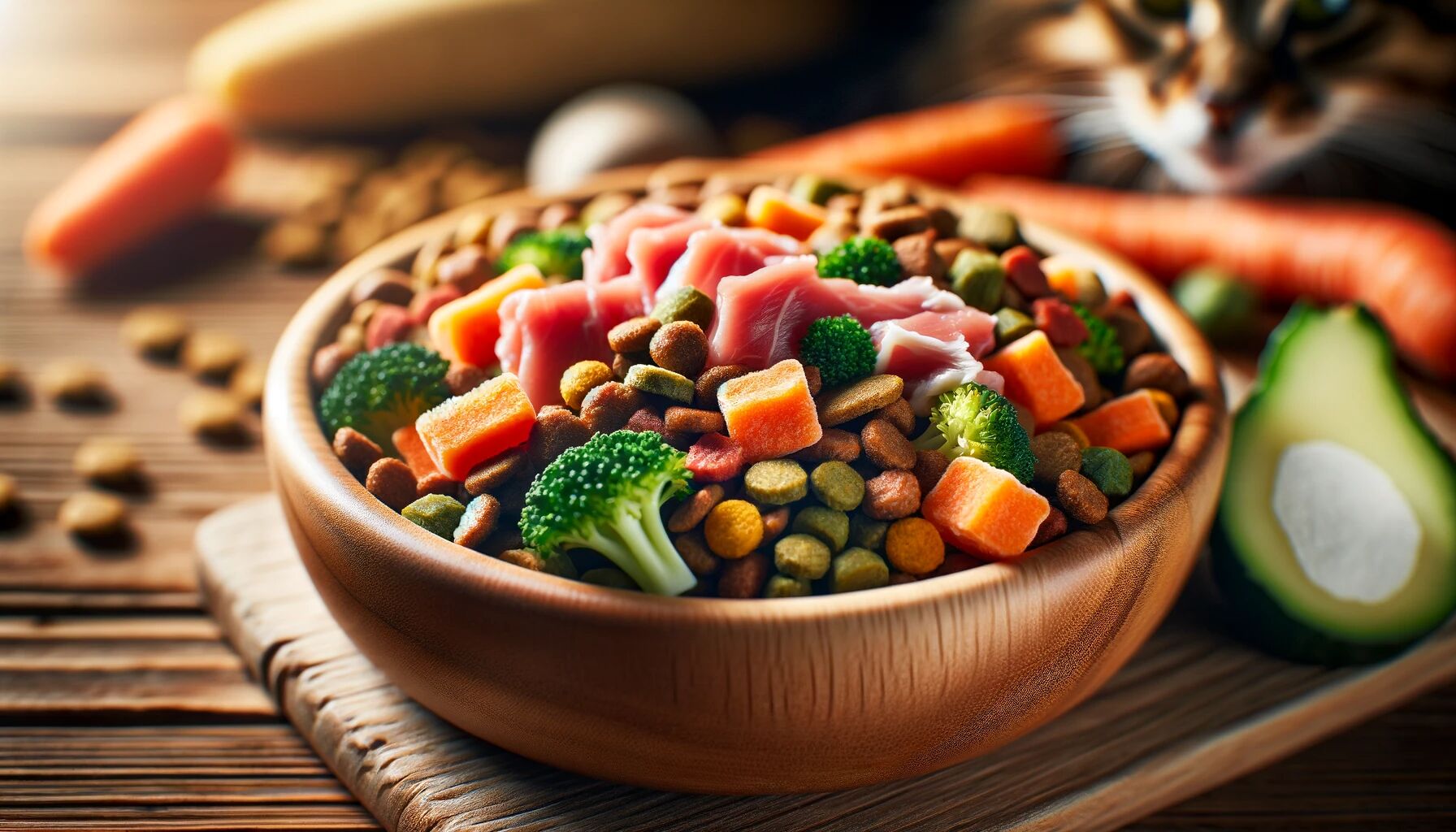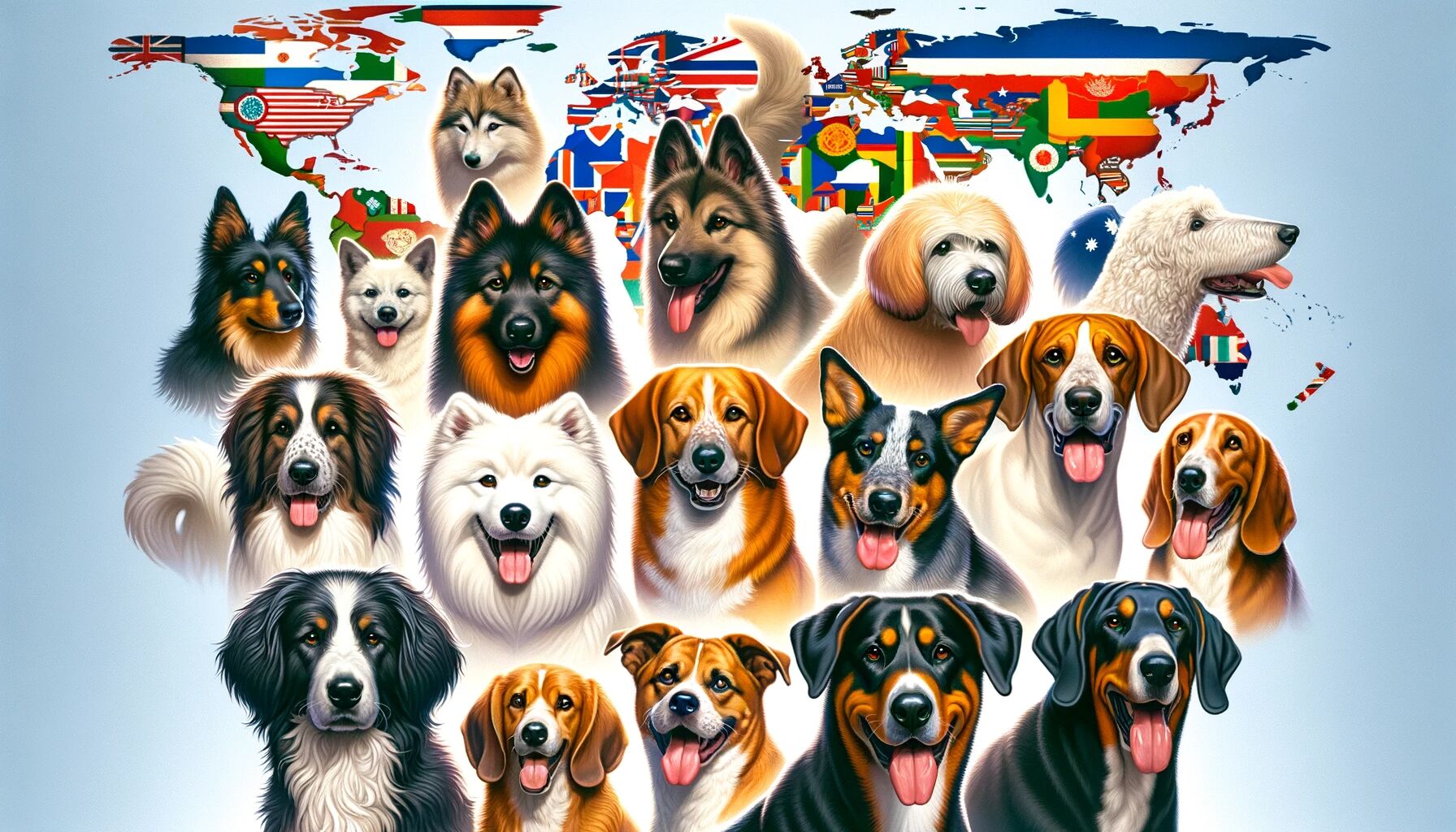Introduction
Nutrition is a crucial aspect of dog care, yet it is often surrounded by myths and misconceptions. With an abundance of information available, it can be challenging for dog owners to discern what is best for their pet's diet. This article aims to debunk some of the most common nutrition myths and provide evidence-based guidance for feeding dogs.
Myth 1: Dogs Should Eat a Grain-Free Diet
One prevalent myth is that dogs should eat a grain-free diet. While some dogs may have specific allergies that require a grain-free diet, grains are not inherently harmful to dogs. In fact, quality grains can be a healthy part of a dog's diet, providing essential nutrients, fiber, and energy.
Recent studies have also raised concerns about grain-free diets potentially leading to heart issues in dogs. It is essential to consult with a veterinarian before switching to a grain-free diet to ensure it meets your dog's individual health needs.
Myth 2: Raw Diets Are Always Better
Another common myth is that feeding dogs a raw diet is always better than commercial dog food. While raw diets can have benefits, they also carry risks, such as the potential for bacterial contamination and nutritional imbalances. It's crucial to do thorough research and possibly consult a veterinary nutritionist if considering a raw diet.
Not all dogs may thrive on a raw diet, and it may not be suitable for every dog's health condition. A balanced diet that meets all nutritional requirements is more important than the type of diet.
Myth 3: Dogs Shouldn't Eat Any Human Food
The belief that dogs should not eat any human food is another myth. While certain human foods are toxic to dogs, such as chocolate and grapes, others can be a healthy addition to their diet. Foods like carrots, green beans, and lean meats can be good for dogs when given in moderation.
However, it's important to avoid feeding dogs overly processed human foods high in salt and sugar. Always check with a veterinarian before introducing new human foods into your dog's diet.
Conclusion
Navigating the world of canine nutrition can be complex, but understanding the facts helps in making informed decisions about your dog's diet. Debunking these common myths is a step towards providing a balanced and healthy diet for your dog. Remember, every dog is different, and dietary needs can vary based on age, health, and lifestyle, so it's best to consult with a veterinarian for personalized nutrition advice.

 Breeds of the World
Breeds of the World